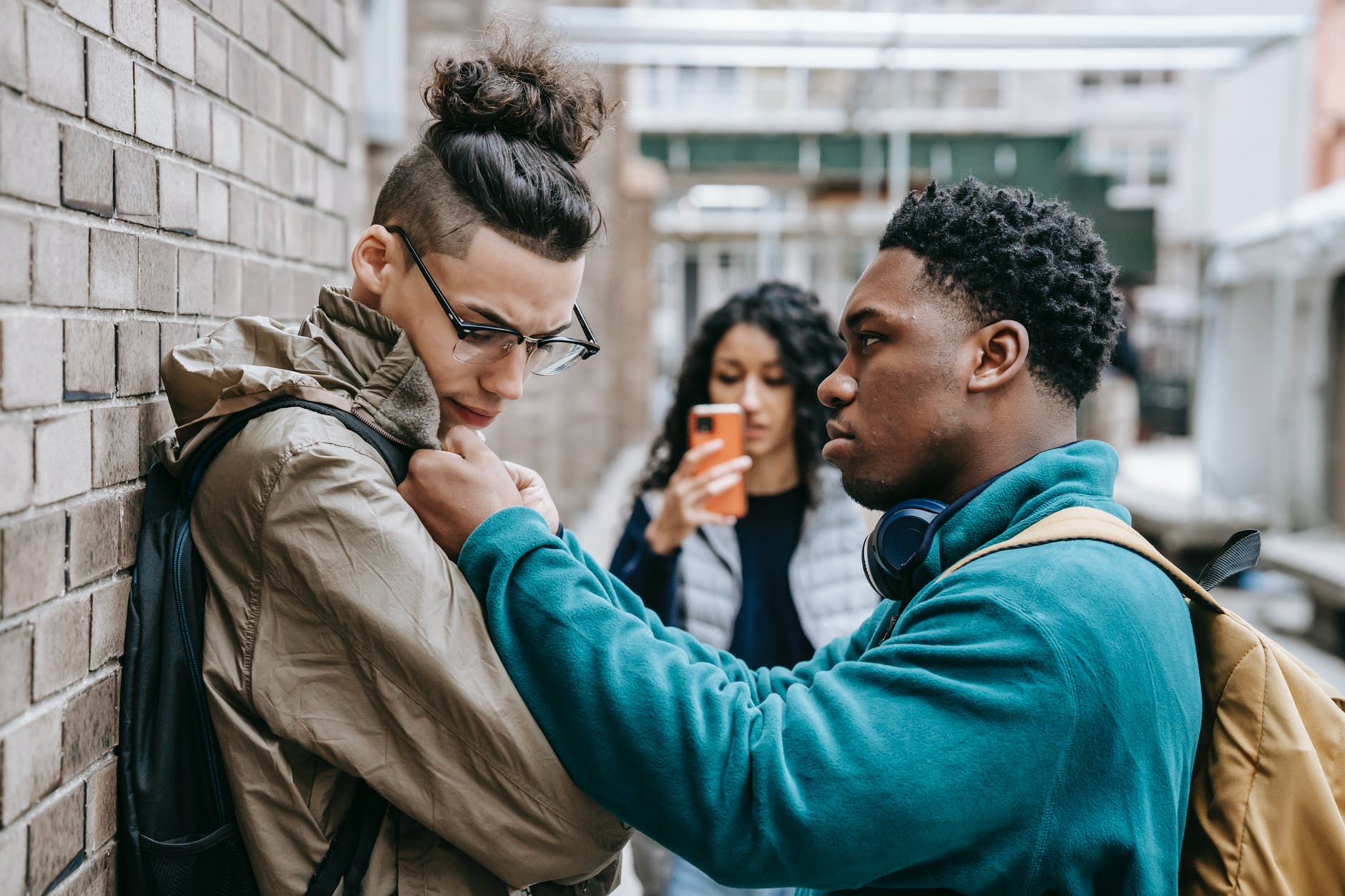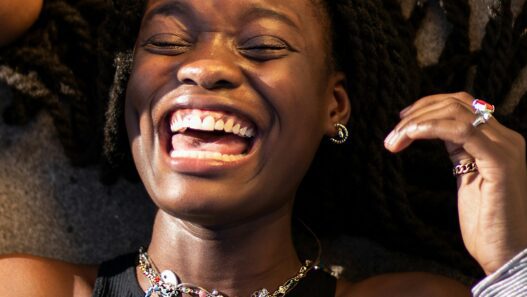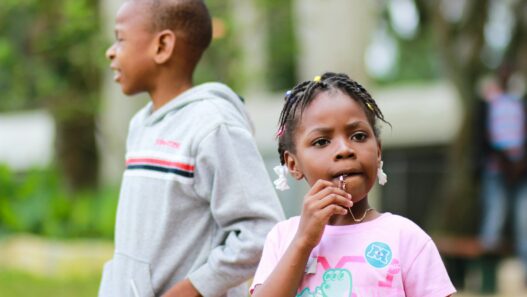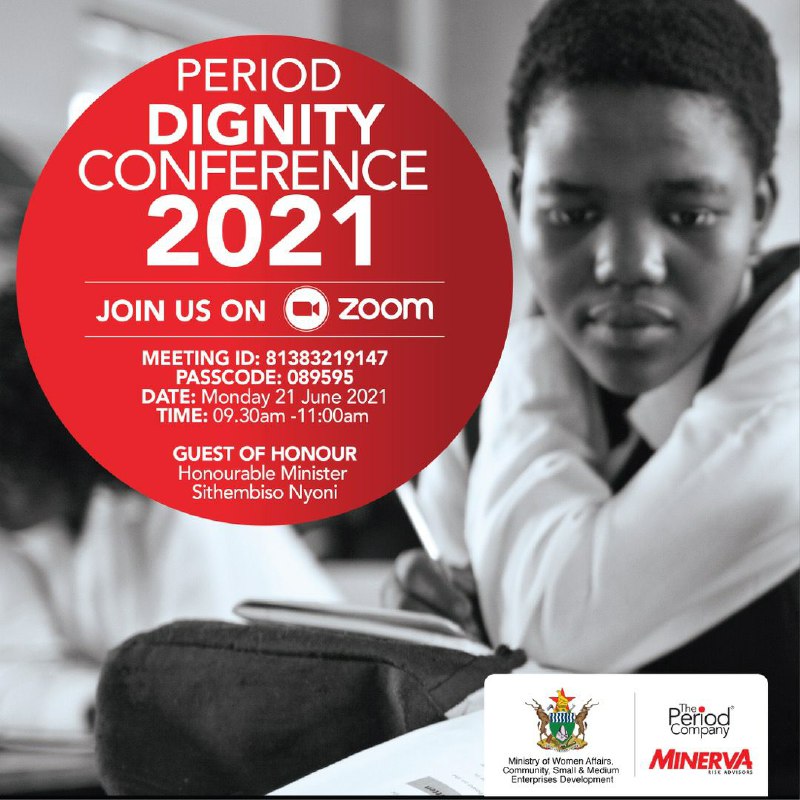
9 months ago the celebrated actor, Chadwick Boseman died at the age of 42, from colon cancer, and for a minute the world seemed to be at a standstill, as we all tried to make sense of this devastating news. How can the King of Wakanda be gone? How didn’t we know he had colon cancer for the last 4 years? Then, with horror we then remembered the way how the world responded to his social media posts before he died, as Boseman had lost a significant amount of weight which drastically altered his appearance. We all remembered with grave amounts of guilt how badly he was bullied, how we all either made the jokes, laughed at the jokes, retweeted and liked the jokes.
Users of social media platforms such as, Facebook, Twitter, and Instagram all seemed to utter the same sentiment over the passing of Boseman. We all seemed to agree that; we need to be kinder to one another because you never know what the person next to you is going through, let alone the stranger from Twitter whom you only interact with on the timeline, but what has really changed since we collectively made this social promise to one another?
https://twitter.com/MsxDimples/status/1300041528224686081
Well, if you ask me, I would say completely nothing as everyday on Twitter, Instagram or Facebook someone has to be the butt of the joke. We have all forgotten the social promise that we all made to each other, its been six months and seemly we cannot be ‘kinder to one another’. We have forgotten that outside of social media, we do not know peoples lives, we think we do, but the honest truth is we really do not. A person could literally be living your worst nightmare, and the last thing they need is to be the butt of twitter’s and Facebook’s jokes. One could be depressed, suicidal, and grieving, but on the streets of twitter, we do not care, as playing dirty is playing fair. When we are not okay, and we are in absolute turmoil in our lives, we want everyone to sympathize with us, we want kindness, and grace in abundance, but the question is, do we give out the same kindness, and grace or is that limited to our close friends and family?
Each time a person dies, Twitter mourns them for a week, and collectively we tweet, retweet and like comments of what their death has taught us. Usually it is, to “be kinder to one another, not only on social media, but in real life too”, to ”check-up on our friends, especially the strongest ones, as they might be going through battles we have not imagined”, or my personal favorite, “let us give people their flowers whilst they are still here”. Although these are true like all truisms, they don’t really matter as after a week of “grieving”, and tweets about “doing better”, and being better we are back to our old ways.
I hate social media because today we’ll tweeting “depression is real” “be kind to others” then tomorrow we’ll go on and bully again. Ayii
— buhle nje (@buhlebathabile) April 11, 2021
Recently, South African twitter started a campaign about bullying after a grade 10 pupil committed suicide due to being cyber bullied, and then being assaulted at school. Again, Twitter was up in arms by advocating for the condemnation of the student who assaulted the girl. Everybody raved about how disgusting her behavior was, about how she should be charged and prosecuted, as an innocent has now taken her life due to no longer being able to cope with the bullying. The parents of the late teen explained that bullying was something that their child faced on an almost daily bases, they tried to help her and reported the matter to the school principal, but nothing was done. Everyone wants to say, “we are so sorry for your loss”, “we need to do better”, and “we need to teach our children better”. The problem is – we are not really sorry. If we were we would be doing better and teaching the children we are responsible for to do better. Of course, most of us are not parents yet, but we all have little sisters, brothers, and cousins we are partly responsible for, but no one wants to actually put in the work necessary in educating themselves, let alone the people around them.
https://twitter.com/AfricaAsiaNews/status/1382250903634337793
As a society, we need to realize that the art of bullying starts young, and as we get older it only gets worse. We are responsible for reproducing a toxic culture of being harmful to one another. Leading to adults that have either graduated from being high school bullies, to being workplace bullies, or ones more like me, who have bad social anxiety due to being the butt of every joke in high school. I was in university for roughly 9 months before I went out because each time I tried the first thing I’d think was “everyone does not like me, I’m weird, staying home is a better option.
What most of us do not realize is the psychological effects our words and actions have on people’s mental health. Have you ever wondered what happened to the fat girl who was always made fun of for being “too big” in high school? She probably still hasn’t learned to love her body the right way, and her unhealthy relationship with food? It has only gotten worse since then, or even the scrawny nerdy guy who was made fun of for not being “manly enough”, he probably still struggles with anxiety, and feels like he always has to overcompensate for something he didn’t even lack in the first place, which reproduces the cycle of toxic masculinity, at every opportunity he gets, he still wants to prove that he is “manly enough”.
We have all desensitized ourselves from the mental impact bullying has on us. We get shocked when people quit their jobs due to a bad work environment, because “could it be that bad that he would rather choose unemployment?” or when someone who is upper class commits suicide we ask “Why, she literally had it all, her life was just beginning”. Forgetting that our mental health doesn’t care how famous you are, how young you are, what your skin color is, and oh, it cares even less about your bank balance.
When it comes to the wrong doings of others we are always ready to be a part of cancel culture, and call out the homophobes, fatphobes, and even just the plain old bullies, but we forget that this is the culture that we have chosen to produce. Although I am always for the condemnation of homophobes, fatphobes, and any type of trolls, the truth is that cancel culture does not fix anything it is just a reactive response that goes nowhere. As afterwards no proactive change is made. The root problem won’t be fixed by cancelling one or two people, whilst we still reproduce the cycle by choosing not to be better people, by choosing not to educate the children we are responsible for about the importance of acceptance over tolerance. The next time we all collectively say “we should do better”, how about we actually do. Although it is a truism, we really do not know what the next person is going through. Choosing to be a bully today can have a lifetime effect on a persons life, and in some instances, it might end it.


















